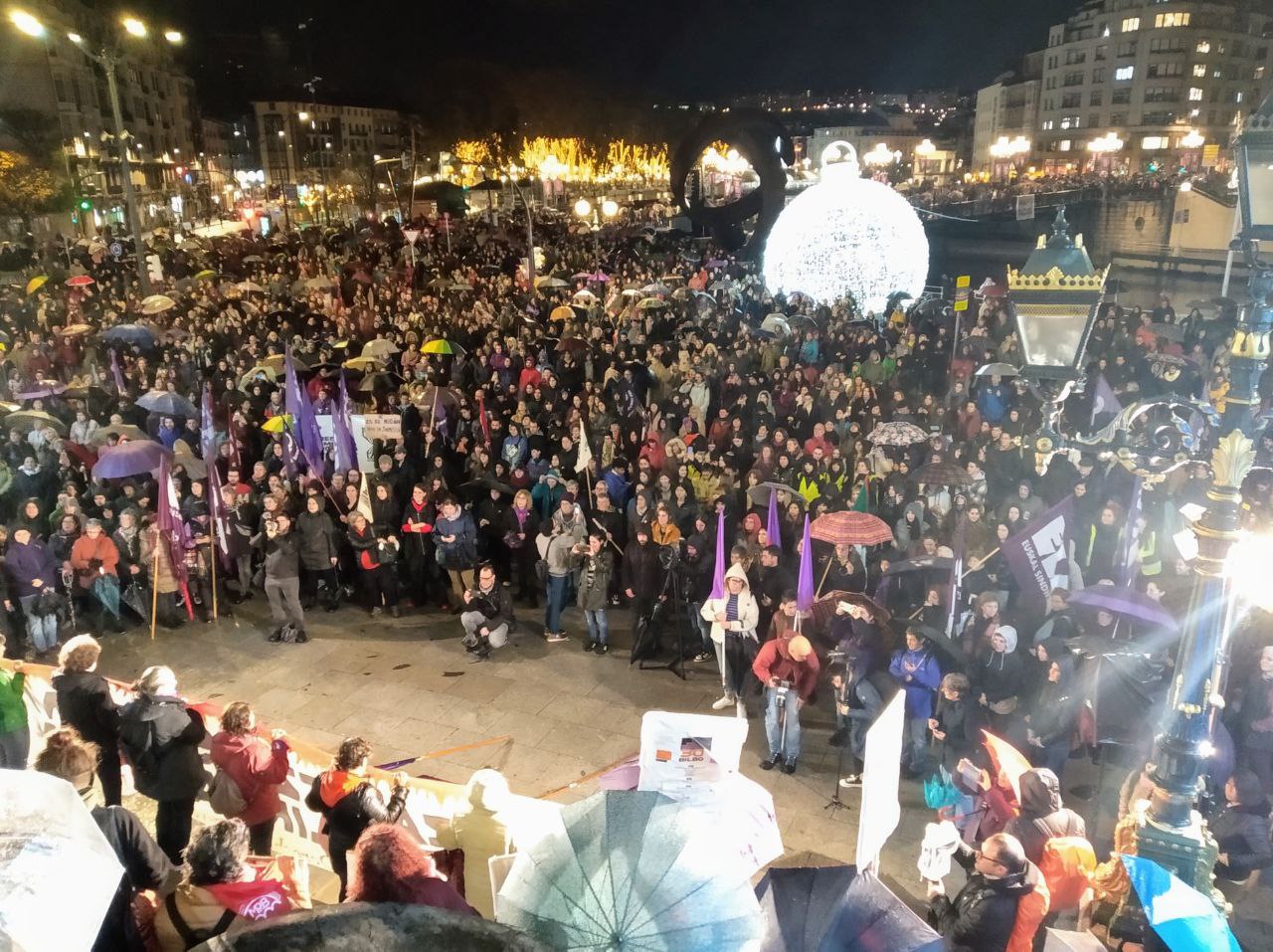
Feminisms have opened deep ancient debates. Among them, the care model and its systemic crisis. Earlier this year, the feminist movement in the Basque Country placed the problem of care among its priorities. The result of the reflection was decided to call for a general strike, together with the trade union majority, and we are already the day after the mobilisation.
This strike has developed amid a paradox that women most affected by the care crisis have not been able to take part in the strike because they do not have this right or cannot assume the economic loss. In any event, I believe that this mobilisation should be the starting point for the in-depth debate, and for this we will have to do an activation exercise to answer some questions.
The crisis of the care system, so far, has not existed in social agendas and the first question that occurs to me is why in our society care is generally invisible? Because we assume most of the care with the division of labor according to gender? Perhaps the spectacularity that we have achieved women has not reached this hidden field, but, according to feminist thought, care is at the centre of human life, but so far they have not been on the table of most social agents.
As in other countries, the care system of the Basque Country has been developed according to the needs of capitalism. But is it really possible to develop protection of the right to care, both in the material field (food, health, housing) and in the social field (affection, education), in our economic model? In the social model in which we live, the protection of the right and the need for care cannot be guaranteed from a system that depends on the market, and less from the market itself. Therefore, without altering the social order in any way, we will hardly manage to get public services to provide people with efficiency and dignity. The care provided by the public services of a capitalist system does not necessarily redistribute wealth, but maintains inequalities.
But what are the causes of the current care crisis? I believe that the incorporation of women into the labour market (by the back door, of course), the precariousness of jobs, migration and the disappearance of Community links will be among the answers, but not only those. The crisis of care is rooted in global capitalism. Women in the globalized North of the world have passed the responsibility for the care imposed on other women. Thus poor, racist and marginalized women pay the bill for the care crisis with their time, strength and life. Some women have broken the glass ceiling, but others continue to clean the glass chunks.
Capitalism makes it clear that surveillance services must be immersed in precariousness to control labor relations. But can we place the need for care only in the workplace? Moreover, can any human being, woman or man choose not to care if the life of their environment so decides? I believe that the deepest reflection of feminism at this moment would be that caring among human beings means being attentive to the needs of other people. It's a trend, a trend for members of any community. Seen thus, does caring go beyond performing certain tasks? Perhaps it has to do with the link between people, and that is why it has no place in the scheme of the market.
In South Africa, the “Ubuntu” philosophy contemplates care from a very different perspective. Its contents are empathy, solidarity, reconciliation, brotherhood, forgiveness and plurality. It has been instrumental in organizing the resistance and mutual support of several African communities. The concept is based on the existence of a universal human bond that makes human beings able to overcome the challenges, because they are united. That is why care is the responsibility of the community, not of women, not of the markets, not of the public services.
The crisis is accentuated among us because capitalism has no limits. I think if we put in that debate alternatives to care models, we're going to start a true feminist revolution. That is the case!
A decision by the Provincial Council of Álava has left over 150 people without home service, according to EH Bildu. The Navarre Thycna Association has denounced that many immigrant women need to have a room in exchange of 700 euros, domestic staff or an inmate. LAB denounces... [+]
The general feminist strike of November 30 allows us to reflect on the new look and steps taken from the gender perspective in the economy. While the conventional economy only seeks profit, the gender perspective focuses its attention on the life of society and the planet,... [+]
Conditions, time, consensus… There are many things to consider when calling a general strike. If more is a feminist strike, it is nowhere written what that is, and yet we know how difficult it is to move from the writings to the plaza and from the plazas to the workplaces. But... [+]
Pamplona
(Photos, ARGIA CC BY, S.A.)
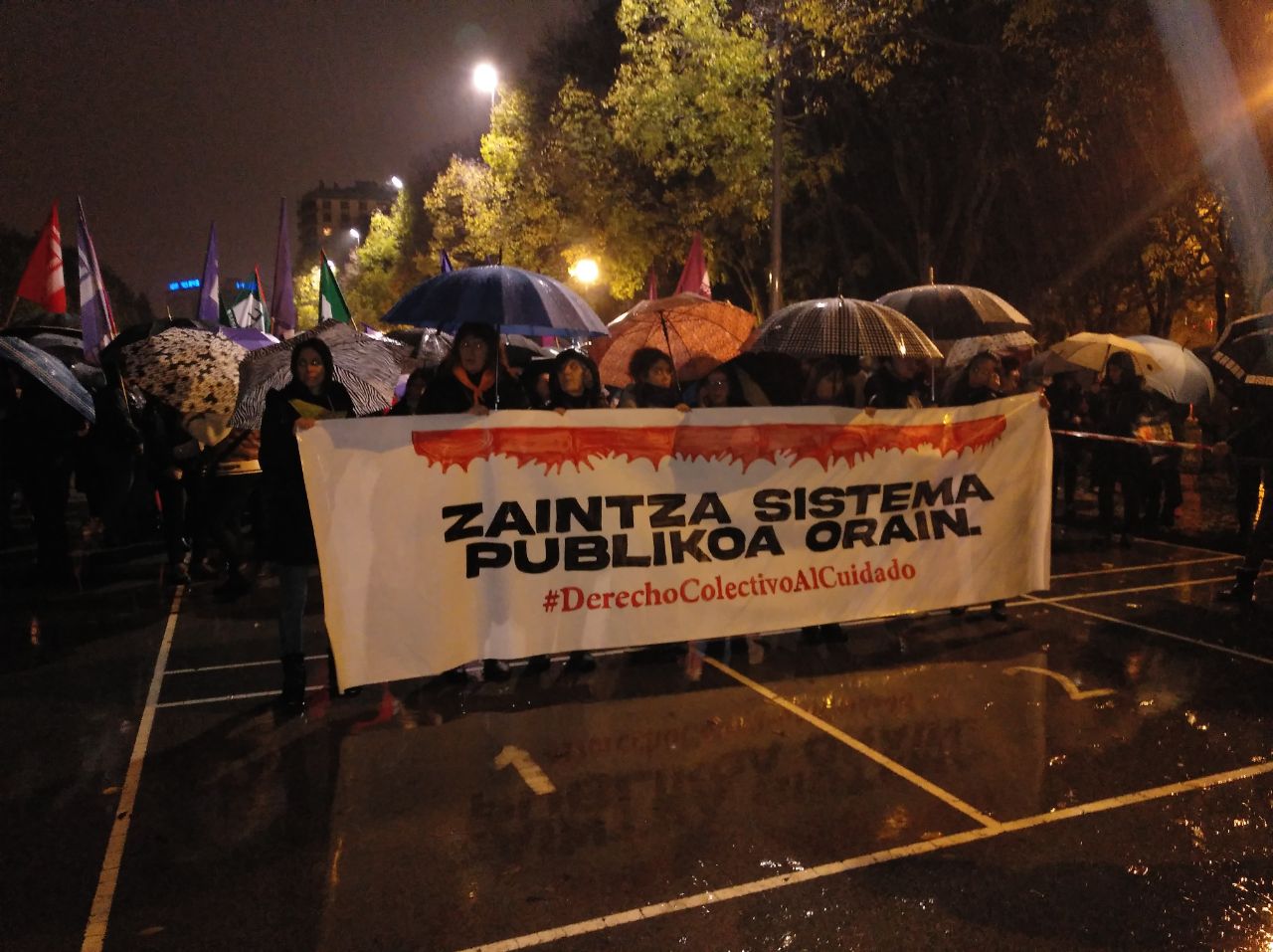
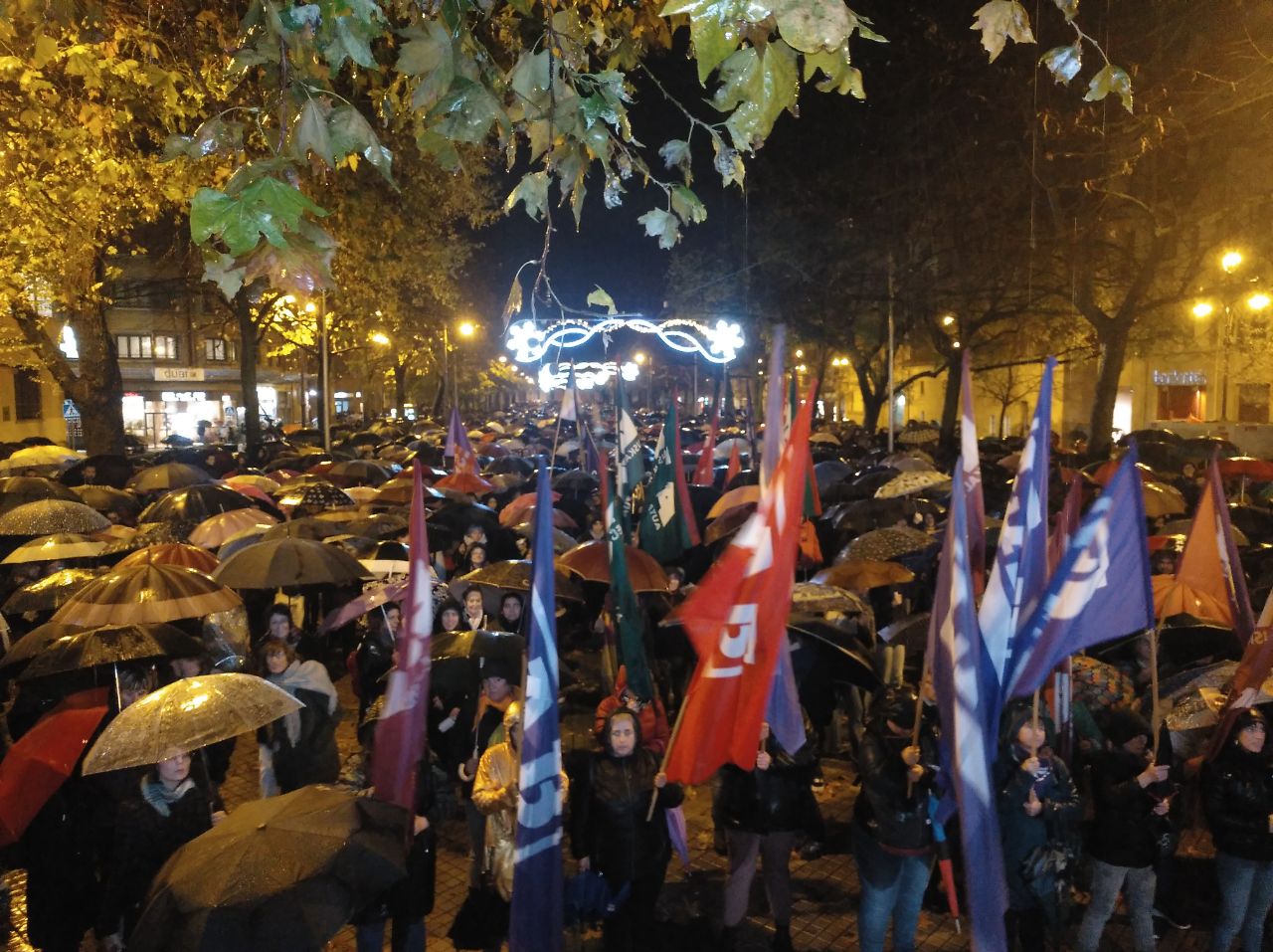
(Photos: Ekin)
.jpg)
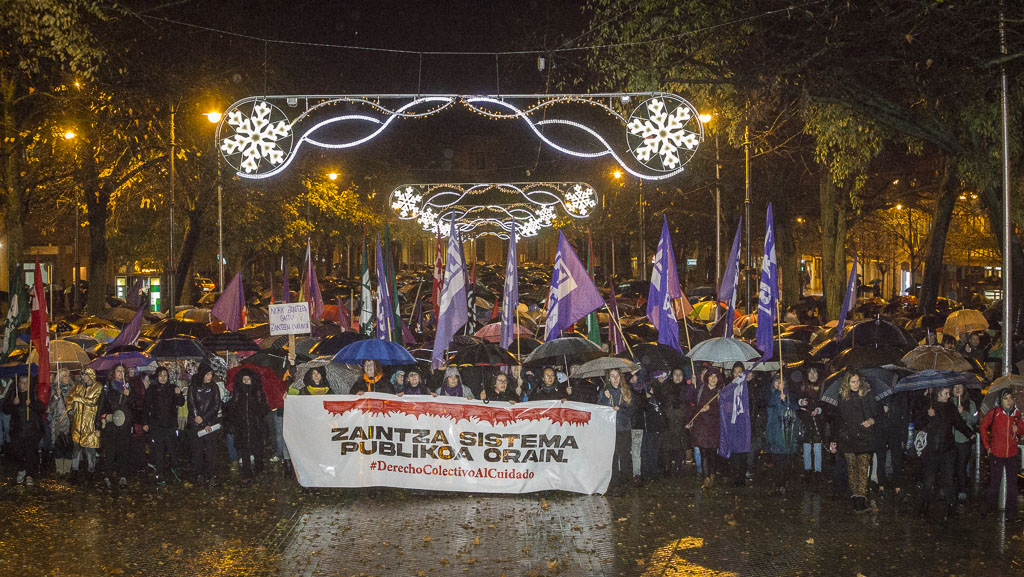
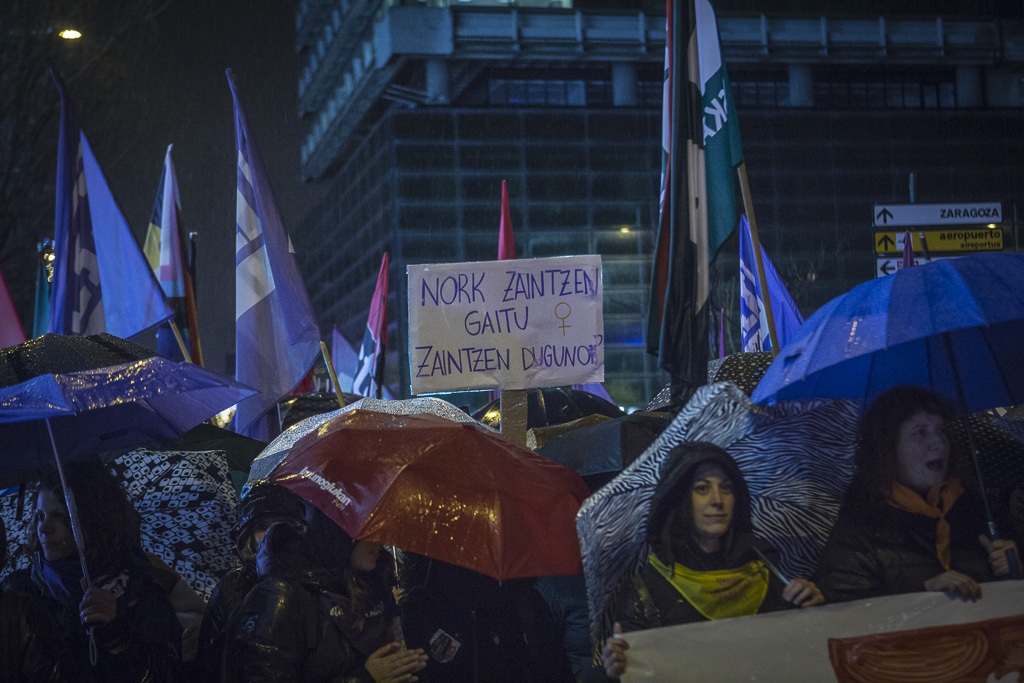
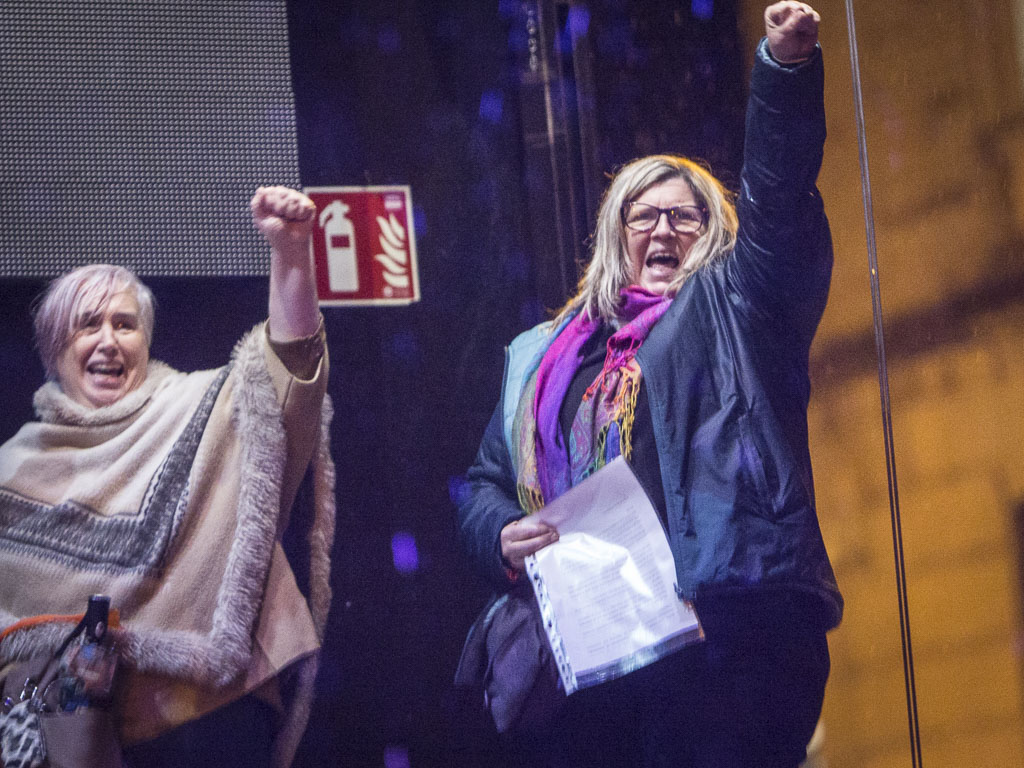
Voice video.
Vitoria (via Hala Bedi)









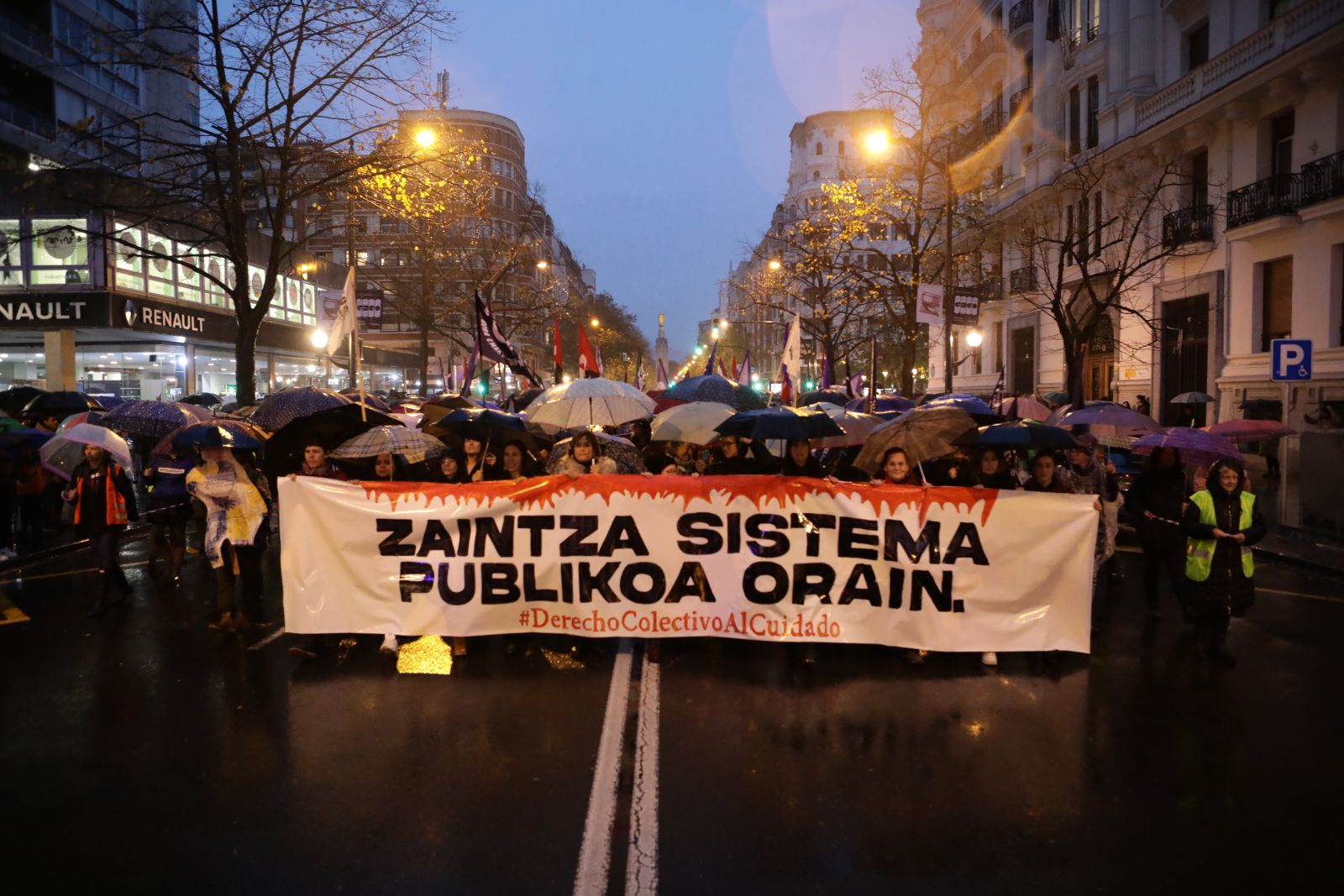




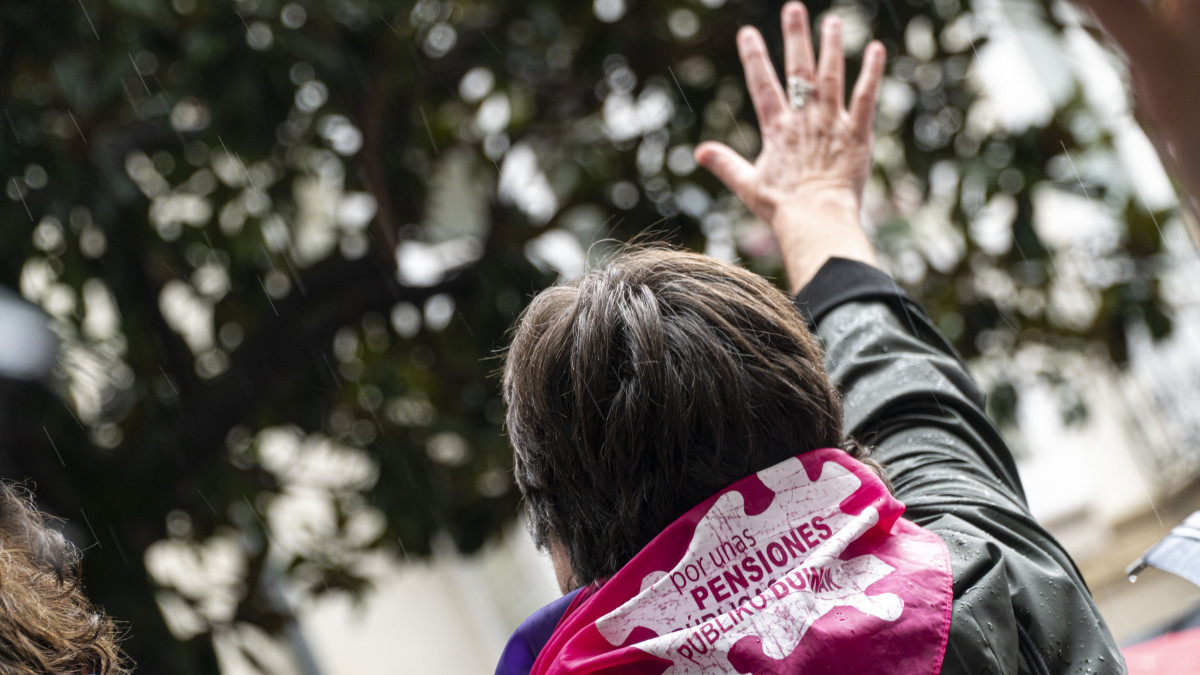


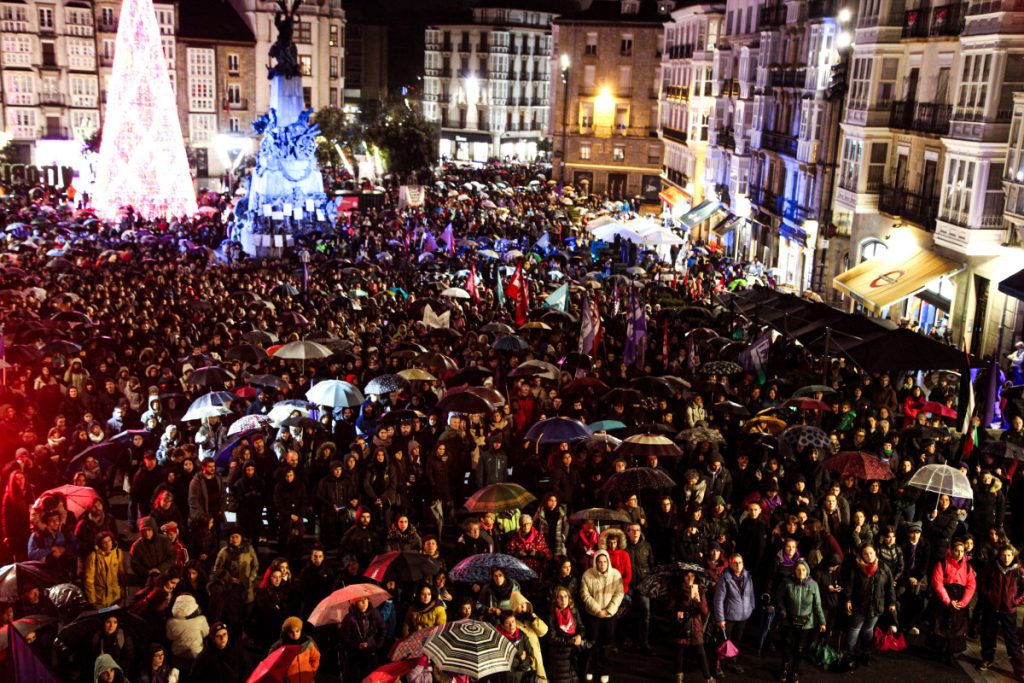
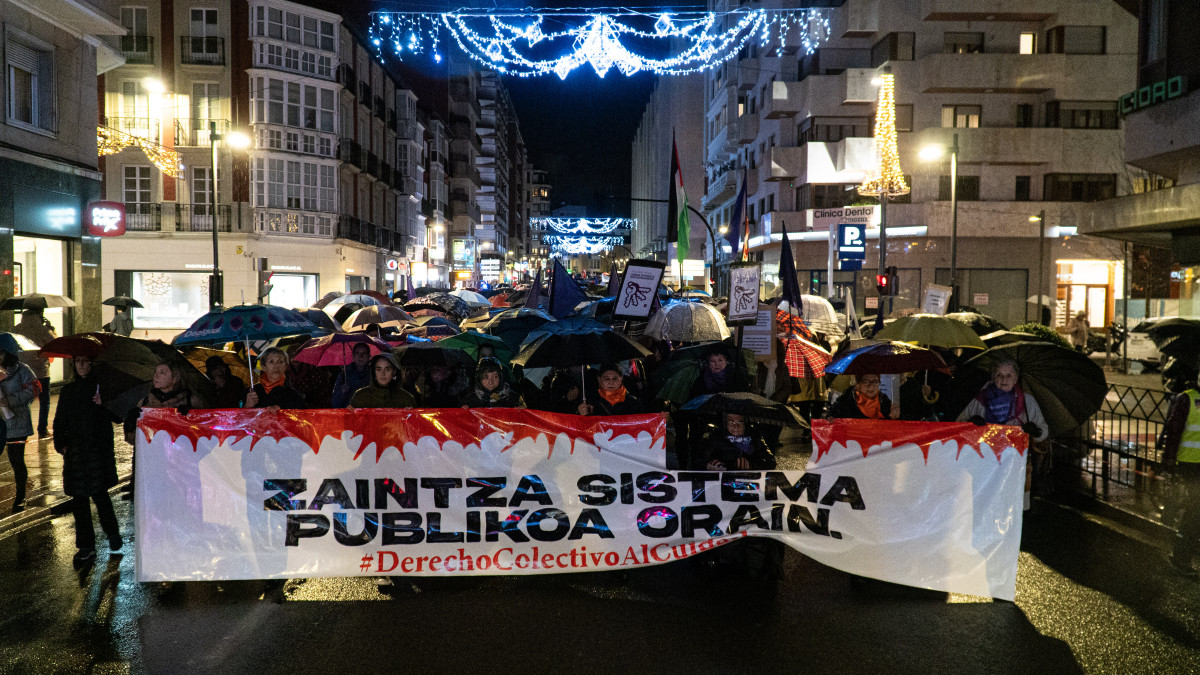 [+]
[+]
